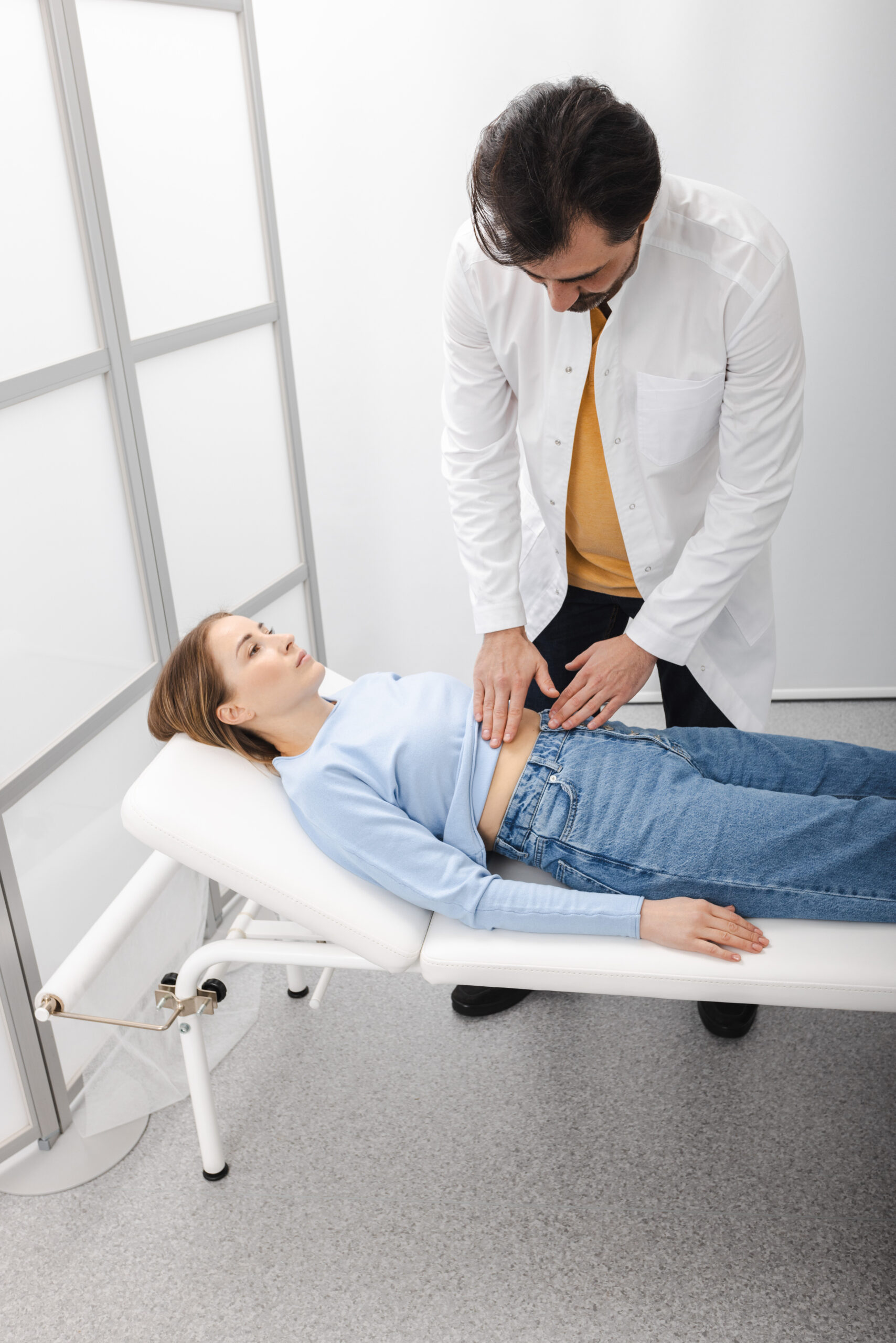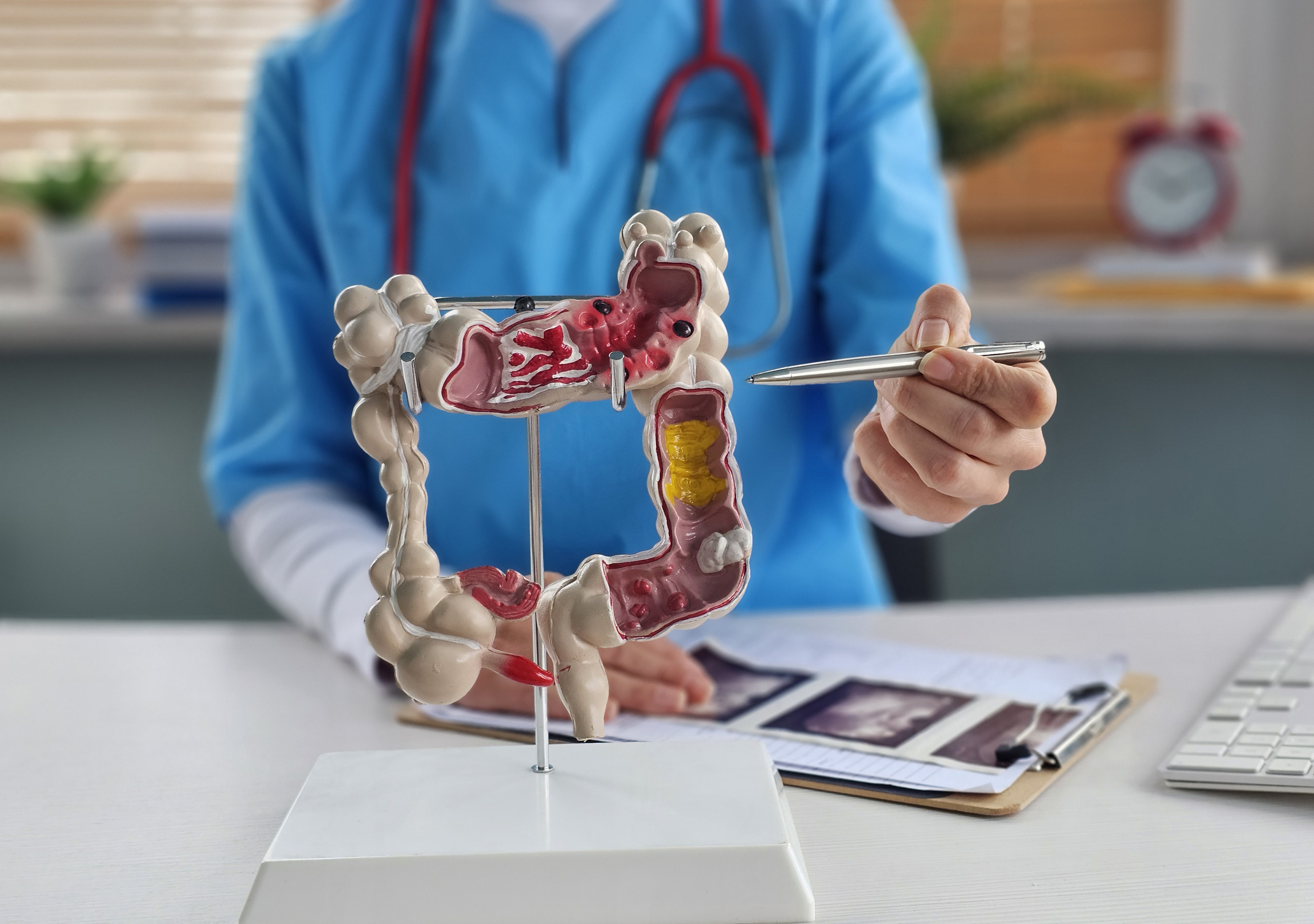What is Colorectal Cancer?
Colorectal cancer is a cancer that is found in the colon or rectum, which make up the large intestine. It usually starts in the inner lining of the colon or rectum as growth or polyp. Although not all become cancerous, polyps can turn into cancer overtime. Precancerous polyps are also known as adenomatous polyps or adenomas that are larger than 1 cm. If cancer forms in one of these polyps, it can grow over time into the wall of the colon or rectum, which is made up of several layers. If colorectal cancer begins in the innermost layer, it can grow and spread outward to some or all of the other layers. Once these cancer cells are in the wall, they can grow into blood vessels or lymph vessels, which can move to nearby lymph nodes or other parts of the body, spreading the cancer.
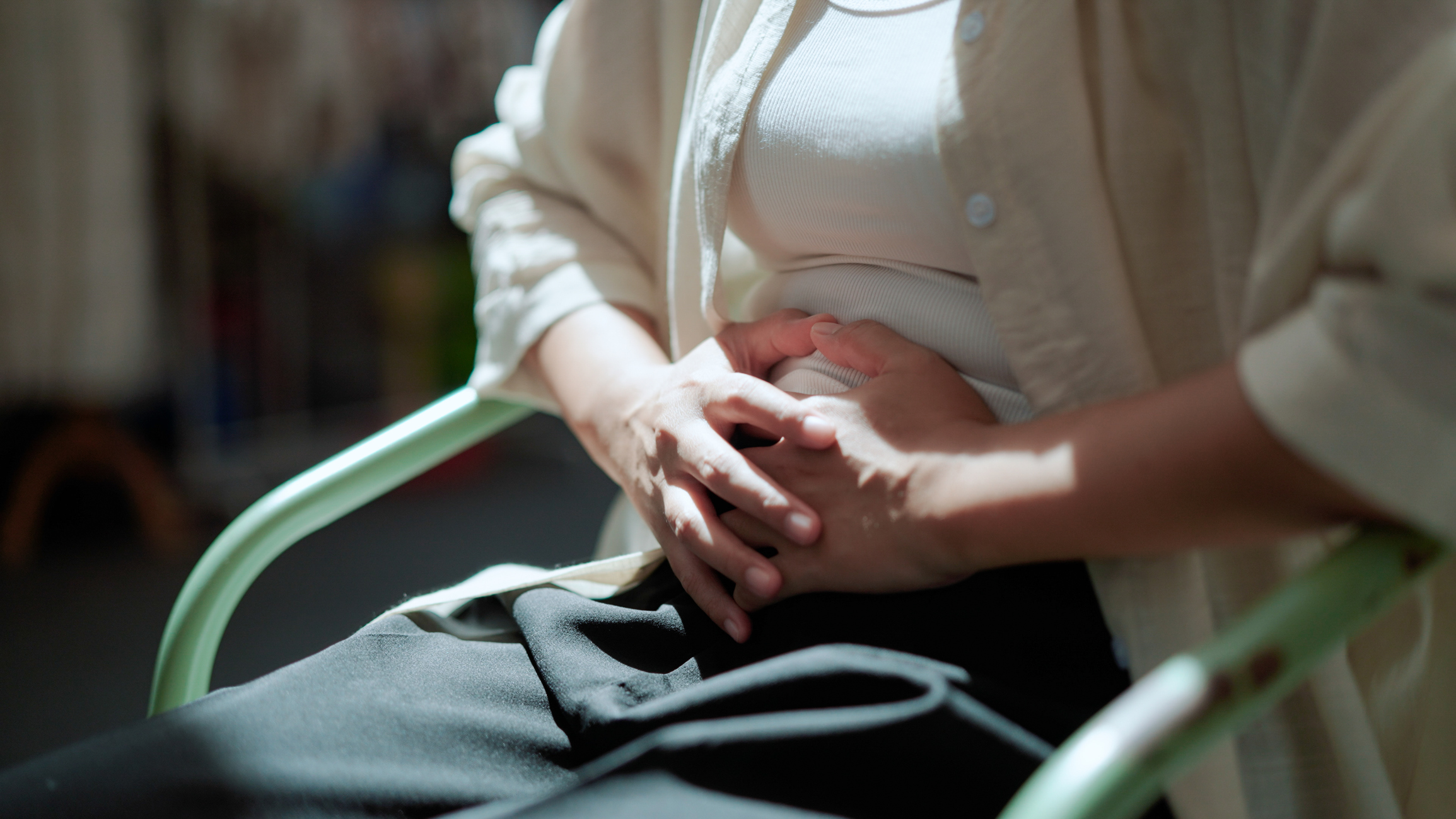
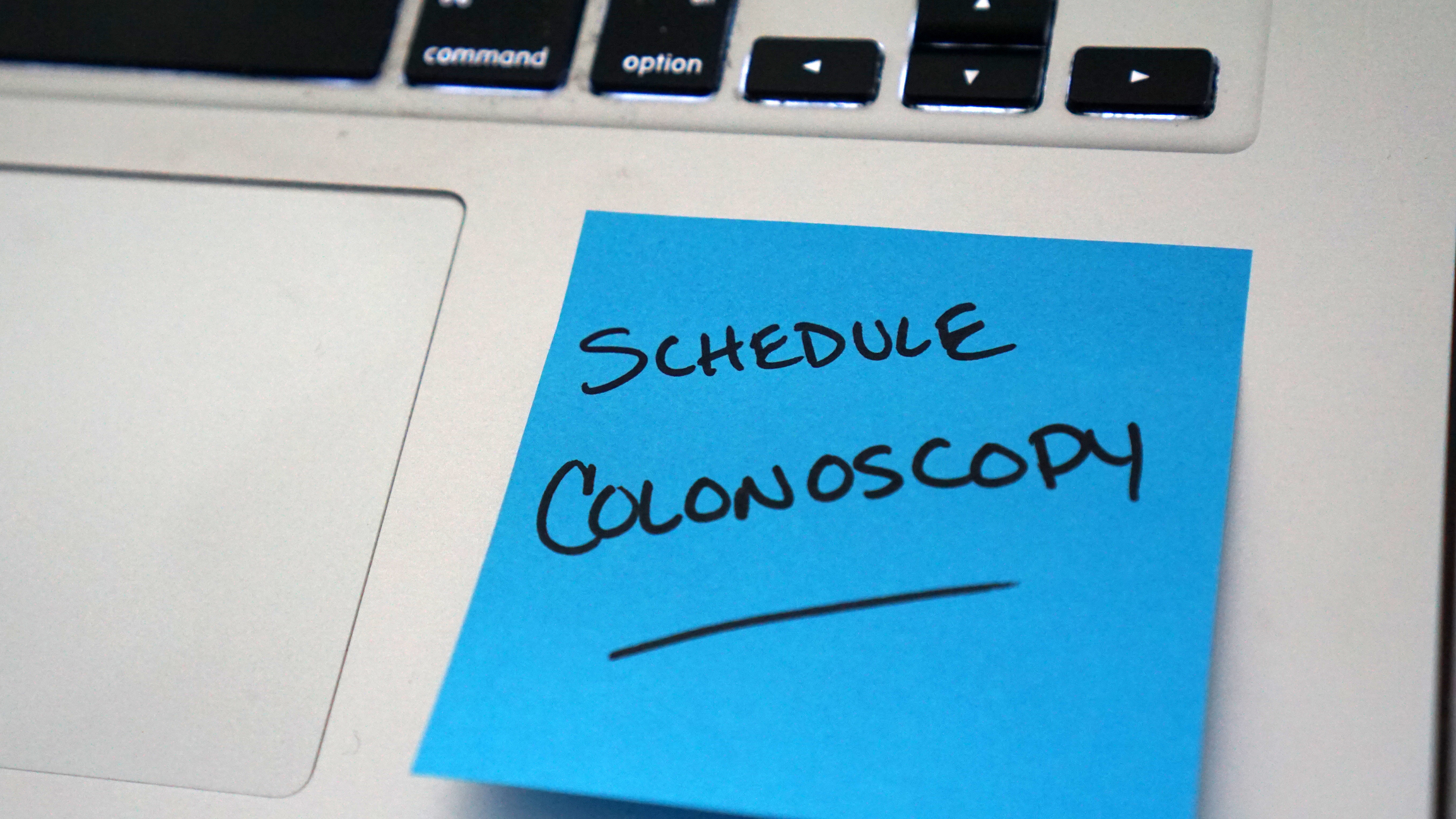
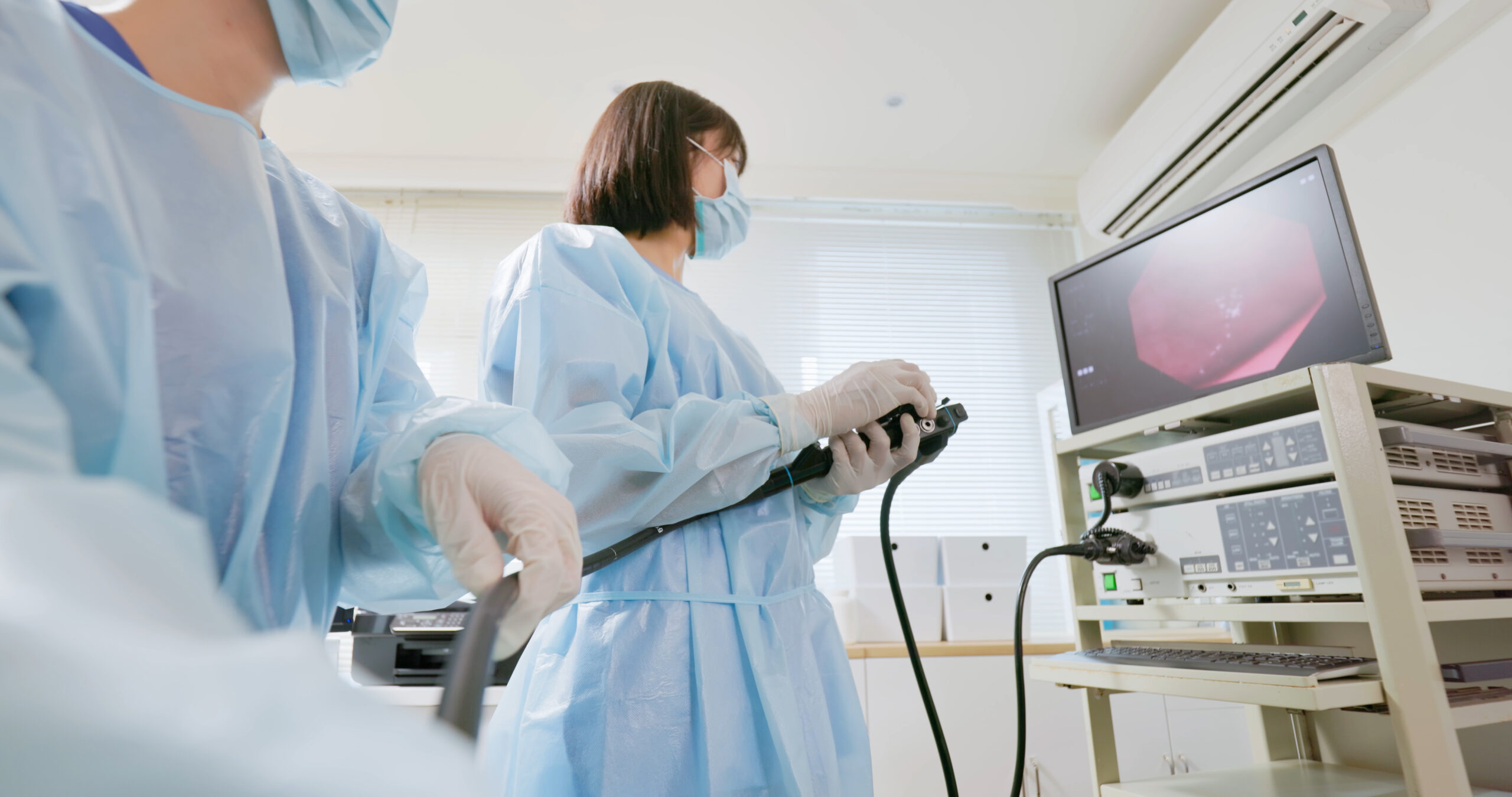
Colorectal Cancer Risk Factors
Some people are more likely to develop colorectal cancer due to certain risk factors, which include the following:
- Family history of colorectal cancer or polyps
- Personal history of cancer
- Have Ulcerative colitis or Crohn’s disease
- Unhealthy diet
- Inactivity and obesity
- Cigarette smoking
- Over the age of 50
Some risk factors you don’t have control over, but you can avoid unhealthy habits that put you at further risk. Try eating a healthier diet, being more active and quitting smoking to reduce your risk for colorectal cancer.

When to See a Doctor
In the beginning stages of colorectal cancer, there may be no signs of symptoms. However, over time the following symptoms may develop:
- Changes in bowel movements: constipation, diarrhea or a change in the consistency of your stool
- Frequent abdominal discomfort: cramps, gas, pain, feeling full or bloated
- Rectal bleeding: bright or dark red blood in your stool
- Nausea, vomiting and sudden weight loss
- Weakness and fatigue
If you have any of these symptoms, please contact any one of our doctors at Southcoast Health. We may recommend a physical exam, blood tests, colonoscopy or more for a diagnosis of your symptoms.
